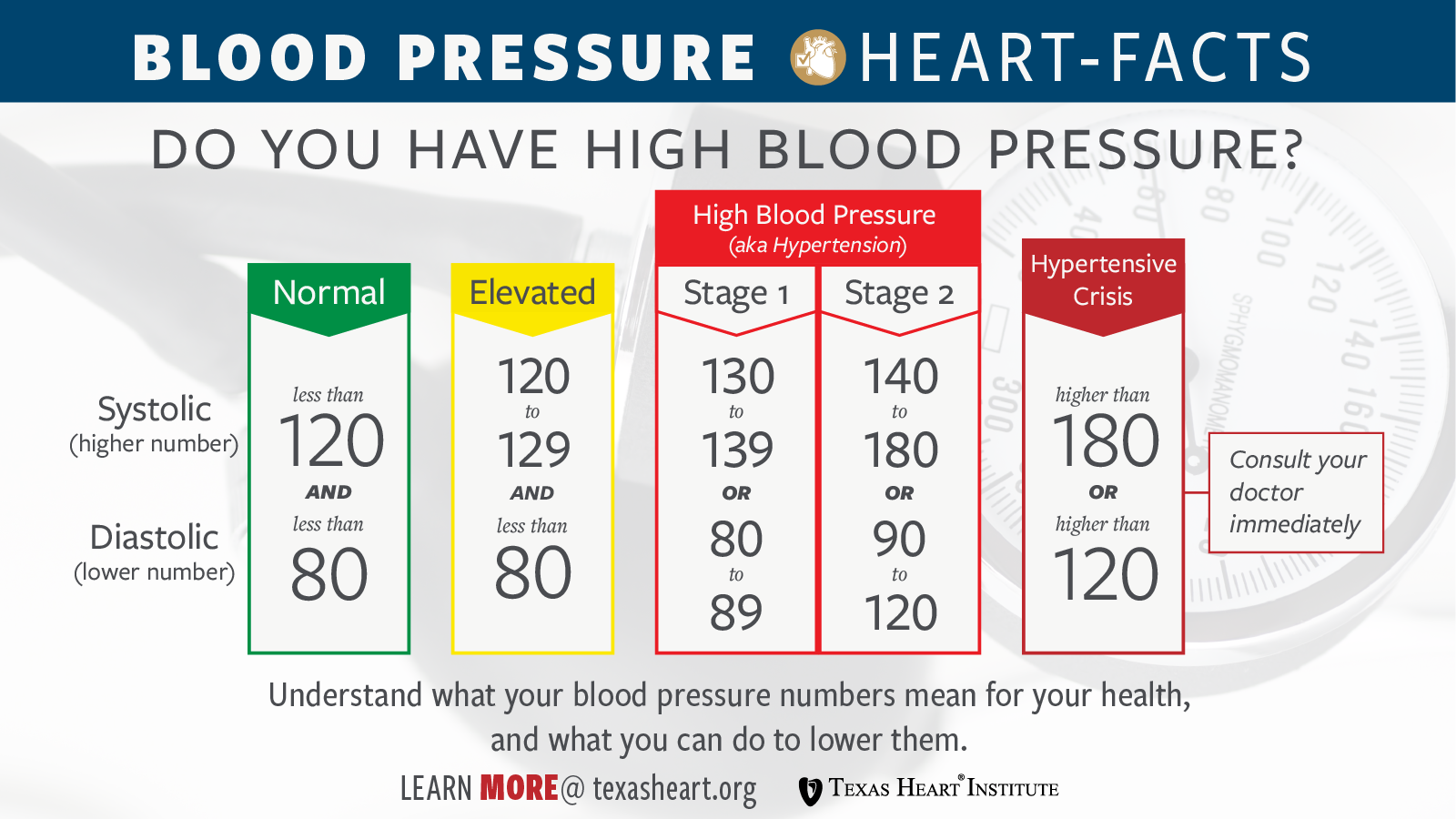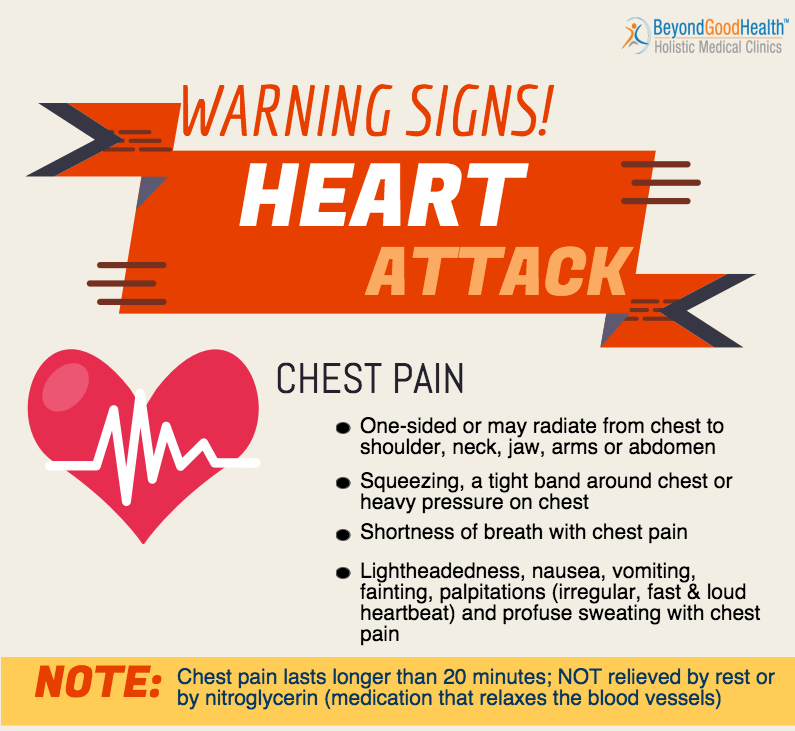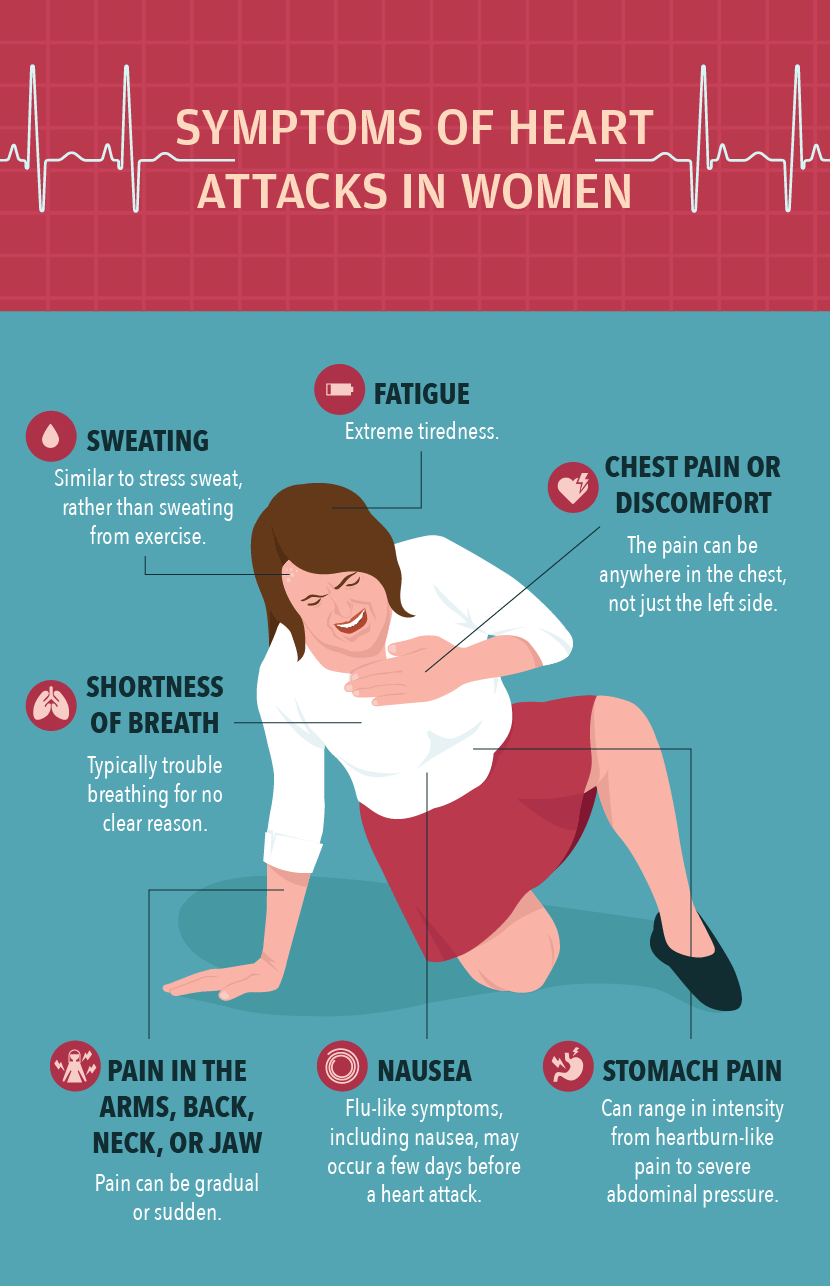The Different Blood Pressure Levels Are:
- Normal: Less than 120 systolic and less than 80 diastolic
- Elevated: 120-129 systolic and less than 80 diastolic
- High Blood Pressure Stage 1:
- 130-139 systolic or 80-89 diastolic
These simple changes can go a long way and are key factors in lowering your numbers.
Other Ways To Keep The Condition Under Control Would Be As Mentioned Below
- Diet: Important to restrict Sodium in the diet to approximately 1500-2000 mg/dl. Follow a DASH Diet I.e. Dietary Approaches to Stop Hypertension. Include foods high in Potassium, Fiber, fruits, and vegetables. Reduce the intake of total calories to reduce weight. Also important to reduce the intake of foods such as sugar, fats, cholesterol, and others.
- Keeping a check on weight: Important to check the weight daily or weekly basis after emptying the bladder, work on improving the activity levels, important to take proper rest between the activities.
- Avoiding tobacco, smoking and excess alcohol intake.
- Check-ups by the doctor regularly: On a daily visit to the doctor, to be healthy it is important to go for a timely visit to the doctor to avoid any further worse condition.
- Keeping diabetes i.e. blood sugars under control.
- Important to keep blood cholesterol levels under control.
- Avoiding any sort of stress or depression.
- Getting good quality and proper sound sleep.
The Decrease In Blood Pressure
As mentioned before, blood pressure decreases when the heart attack occurs. Low blood pressure is also termed as hypotension. The decrease in blood pressure could be due to various reasons such as:
The tissue of the heart is injured due to which the pumping of the heart is less: When a heart attack occurs the supply of the blood to the heart is clogged or stopped. This results in the killing of the tissues that formulate the muscle of the heart. Due to the death of the heart tissue, the quantity of blood the heart pumps to the different parts of the body is reduced.
Response to pain: There would be a vasovagal response in few individuals due to the pain of the heart attack. When there are emotions such as excess stress or pain, it triggers a vasovagal response due to pain from the heart attack.
There is over-drive of your parasympathetic nervous system : The PNS causes the body to be in the resting stage, which results in the lowering of the blood pressure. When a heart attack occurs, it causes the PNS to go over-driven resulting in a decrease in the blood pressure.
Read Also: Does Tylenol Raise Blood Pressure
Your Heart Rate Isnt Always Predictable
How this cardiac event affects the heart rate isnt always predictable.
Certain medications may slow your heart rate
For example, if youre on a medication that slows your heart rate, such as a beta-blocker for heart disease, your heart rate may remain slow during a heart attack. Or if you have a type of heart rhythm disturbance called bradycardia, in which your heart rate is perpetually slower than normal, a heart attack may do nothing to increase the rate.
There are certain types of heart attacks that can lead to an abnormal slowing of the heart rate because they affect the electrical tissue cells of the heart.
Tachycardia may speed your heart rate
On the other hand, if you have tachycardia, in which your heart always or frequently beats abnormally fast, then that pattern could continue during a heart attack. Or, certain types of heart attacks can cause the heart rate to increase.
Finally, if you have some other condition thats causing your heart to beat fast, such as sepsis or infection, then it could be causing the stress on your heart rather than being a result of the blockage to blood flow.
Many people live with tachycardia and have no other symptoms or complications. However, if you consistently have a rapid resting heart rate, you should absolutely have your cardiovascular health evaluated.
- lightheadedness
- a vague sense of impending doom
If you think you or a loved one may be having a heart attack, call 911 immediately.
Causes Of A Silent Heart Attack In Women

A silent heart attack happens when the flow of blood is blocked in the coronary arteries by a build up of plaque. Studies differ, but some suggest that silent heart attacks are more common in women than in men.
Ekery points out that women and their physicians may also be more likely to chalk up symptoms of a silent heart attack to anxiety and dismiss them.
Read Also: Can Gerd Cause Heart Flutters
Blood Pressure Is Typically Recorded As Two Numbers And A Written As A Ratio
- Systolic: The top number in the ratio, which is also the higher of the two, measures the pressure in the arteries when the heart beats.
- Diastolic: The bottom number in the ratio, which is also the lower of the two, measures the pressure in the arteries between heartbeats.
Your blood pressure rises with each heartbeat and falls when your heart relaxes between beats. While it can change from minute to minute with changes in posture, exercise, stress or sleep, it should normally be less than 120/80 mm Hg for women or men aged 20 or over.
How Is High Blood Pressure Diagnosed
Your blood pressure varies from day to day, even from moment to moment. Generally, if a person has a blood pressure reading taken on 3 separate occasions that is greater than 140/90 mmHg, they have high blood pressure. Your doctor may ask you to monitor your blood pressure at home, or wear a monitor over a 24-hour period, to see how it varies and to make sure they get an accurate reading.
Don’t Miss: Does Tylenol Increase Heart Rate
Under Pressure: How Blood Pressure Affects Heart Disease Risk
One question I hear from patients regularly is, Dr. Hill, why does it matter so much that I get my high blood pressure under control?
High blood pressure, also known as hypertension, is an extremely common condition and a major risk factor for heart disease. Nearly one in three Texas adults has high blood pressure were diagnosed in 2010. And the scary thing is many dont have the condition under control.
Uncontrolled hypertension can lead to heart attack and stroke. Thats why its important for you to understand what high blood pressure is, whos at risk, and how to keep your blood pressure in a range thats healthy for you.
Risk Factors For A Silent Heart Attack In Women
Still, Ekery says, the risk factors for a silent heart attack are the same as those for a recognized heart attack, and:
- obesity
- age
A silent heart attack can be just as dangerous as its more obvious counterpart, says Ekery. Because the event often leaves scarring and damage to the heart, it puts the person at greater risk of other heart problems. And because the person didnt know to seek treatment, blood flow to the heart might not have been restored early on, and no medications were administered, so the impact could potentially be greater.
Read Also: Lack Of Sleep Causes Heart Palpitations
Chest Pain Pressure Squeezing And Fullness
Picture someone having a heart attack, and chances are you imagine them gasping for air and clutching their chest before falling unconscious. While you may experience chest pain during a heart attack, it may not be as dramatic. In some cases, it may not even be described as pain. Instead, it may feel more like pressure or squeezing in the chest.
Chest pain or chest discomfort is caused by an insufficient supply of oxygen-rich blood to your heart. During a heart attack, you may feel this pain in the center of the chest. It can last for a few minutes and disappear, or it may recur after a short break.
This symptom is a warning sign of blocked or narrowed arteries. Dont hesitate to report this to your doctor, even if this and other symptoms are not intense.
You Shouldn’t Ignore White Coat Hypertension
Some people experience white coat hypertension, when blood pressure is elevated in the doctor’s office but not in other settings. These patients need to monitor their blood pressure at home or wear an ambulatory blood pressure monitor that takes your blood pressure every 30 minutes for 24 hours.
While white coat hypertension was formerly considered simple nervousness, recent research suggests otherwise.
A study published in the journal Hypertension found that people with white coat hypertension are at a significantly greater risk for developing sustained high blood pressure than people who have normal blood pressure. One possible explanation is that people with white coat hypertension have a harder time managing stress and anxiety.
Also Check: How Does Atropine Increase Heart Rate
What Is High Blood Pressure
High blood pressure is when your blood pressure is regularly higher than recommended levels. The clinical term for this is hypertension.
A single high blood pressure reading doesn’t necessarily mean you have hypertension.
You have hypertension if your blood pressure stays high for three separate readings, on three separate occasions, over at least three months.
Sometimes people’s blood pressure goes up because they’re worried about having it taken by the nurse or doctor. If this is a problem, the doctor may get you to do blood pressure readings at home or order a 24-hour monitor to help confirm you have high blood pressure.
What Are The Risk Factors For Heart Attack

Several health conditions, your lifestyle, and your age and family history can increase your risk for heart disease and heart attack. These are called risk factors. About half of all Americans have at least one of the three key risk factors for heart disease: high blood pressure, high blood cholesterol, and smoking.2
Some risk factors cannot be controlled, such as your age or family history. But you can take steps to lower your risk by changing the factors you can control.
Learn more about risk factors for heart disease and heart attack.
Recommended Reading: What Are The Early Signs Of Congestive Heart Failure
If The Blood Pressure Changes Is It A Sign Of Heart Attack
Blood pressure is not a precise indicator of a heart attack. Heart attack can result in an increase or decrease in the blood pressure, but always a change in the reading of the blood pressure does not mean it is caused due to heart-based conditions or illness. The best way to find out about the heart attack is to study another symptom. A heart attack could cause either various symptoms, few symptoms or none of them at all.
One of the common symptoms of a heart attack is chest pain. This symptom is not the only one. Other symptoms for heart attack are:
- In the chest area, there is mild to major squeezing feeling.
- Pain is present in the arm, mainly on the left.
- A sudden occurrence of chill in your body along with abnormal sweating
- Pain in the abdomen
- Pain in the jaw, neck, and back pain in the upper part of the body
- Nausea
- Faint feeling
- Breathlessness
- These symptoms are better indicators for heart attack rather than only considering the reading for blood pressure.
Common Causes Of High Blood Pressure Spikes
Some people with high blood pressure will experience sharp rises in their blood pressure. These spikes, which typically last only a short period of time, are also known as sudden high blood pressure. These are some possible causes:
- Caffeine
- Certain medications or combinations of medications
- Chronic kidney disease
Also Check: How Fast Should Your Heart Rate Be
What Happens To Blood Pressure During A Heart Attack Or A Stroke
Does it fall? Rise to high levels? Stay normal? All of the above?
Need answer fastish.
Im not sure about during a heart attack or stroke, but an unusually high blood pressure reading can be a symptom of an upcoming MI .
If there the victim is in a lot of distress , there will often be an outpouring of catecholamines into the bloodstream which raise the blood pressure.
On the other hand, if the heart is severely damaged by the heart attack, and/or its function impaired, the blood pressure may drop .
And, of course, sometimes the BP doesnt change much at all during a heart attack.
Most strokes are due to clots blocking the arteries in, or going to, the brain. So, teleologically speaking, by raising the BP, the body is trying to push blood past the blockage. Somewhat more accurately, the brain swells in and around the area of the stroke and that leads to locally high pressure. Such pressure tends to further impede the flow of blood into the area which is a bad thing. So, to overcome this local high pressure and thereby get blood delivered to the area of the stroke, the blood pressure rises .
It may also be the case that stress of the stroke itself raises the BP
Thanks, what about pulse? It will be faster or slower?
Systolic Pressure And Pulse Pressure Are The Main Risk Factors
In 2036 subjects aged 5079 years in the Framingham heart study, only systolic pressure was independently associated with the development of coronary heart disease over the subsequent 20 years. In patients with systolic pressures of 120 mm Hg the coronary heart disease risk actually increased as diastolic pressures decreased, suggesting that a wider pulse pressure was an important component of coronary risk. A recent report from the Framingham investigators added to this cohort another 4506 subjects from the Framingham offspring study, so that the baseline ages of the combined cohort ranged from 20 to 79 years. Over 17 years, 12% of subjects developed coronary heart disease. In subjects whose baseline age was < 50 years, diastolic pressure was the strongest predictor of the subsequent development of fatal or non-fatal coronary disease, including myocardial infarction and angina pectoris. Between the ages of 50 and 59 years there was a transition period when all three blood pressure measures were comparable predictors of coronary risk. From the age of 60 years, diastolic pressure was inversely related to coronary risk so that the pulse pressure became superior to systolic pressure as a predictor.
Read Also: Enlarged Right Side Of Heart Treatment
Smi: Unaware Of Possible Danger
The number of people who suffer an SMI and don’t realize it is alarming. A study in the Nov. 10, 2015, Journal of the American Medical Association looked at almost 2,000 people ages 45 to 84 who were free of cardiovascular disease.
After 10 years, 8% had myocardial scars, which are evidence of a heart attack. Most surprising was that 80% of these people were unaware of their condition. Overall, the prevalence of myocardial scars was five times higher in men than in women.
SMI and regular heart attacks share the same risk factors: smoking, being overweight, lack of exercise, high blood pressure, high cholesterol levels, and diabetes. They can be just as dangerous, too. “SMI often leaves scarring and damage to the heart, which, combined with the fact that many people who have an SMI don’t seek immediate care, can further raise a person’s risk of a second and potentially more harmful heart attack,” says Dr. Plutzky. In fact, people who have an SMI and don’t get treatment have a three times greater risk of dying from coronary artery disease. “A silent heart attack is a loud signal your body sends that you have some kind of underlying health issue that needs attention,” says Dr. Plutzky.
How To Check Whether The Blood Pressure Is High
A physician checks the blood pressure various times on different days, before coming to a conclusion of an individual having high blood pressure. It is claimed to be hypertension when the readings are constantly on a higher side i.e. 140/90 or 130/80 mm/Hg. To test blood pressure is very fast and rapid. To measure Blood pressure equipment is used i.e. sphygmomanometer. Blood pressure is measured while a person sits, lies down or relaxed. Before taking the blood pressure, do keep the below things into consideration i.e. avoid drinking coffee or smoking cigarette, 30 minutes before Secondly: Short sleeves should be worn Thirdly: Empty the urinary bladder before measuring the blood pressure fourthly: Before testing sits for 5-10 minutes.
Read Also: Heart Bleeding Symptoms
An Informative Guide To Blood Pressure Increasing Or Decreasing During A Heart Attack
The measurement of blood pressure is by analyzing the blood flow pressure through the arteries that strain or exert on the arterial wall. When a heart attack occurs, the flow of blood to an area of the heart is decreased or stopped, due to clogging of the artery due to a clot in the blood. Due to lack of the supply of blood, the area of the heart which does not receive oxygen and other nutrients for it to function appropriately.
Blood Pressure During A Heart Attack

Blood pressure is the force that pumps blood around the circulatory system.
When blood flow is restricted or blocked completely, the heart muscle is starved of oxygen. This leads to a heart attack.
During a heart attack, blood pressure can go up, down, or remain constant, depending on how the body responds.
You May Like: Can Blood Pressure Medicine Cause Chest Pain
Shortness Of Breath Nausea And Lightheadedness
Shortness of breath can occur with or without a chest pain during a heart attack. Most people dont realize this can happen before or after a heart attack as wellespecially for women..
Research has found that shortness of breath is the third most reported symptom before a heart attack among women and the top symptom during a heart attack.
